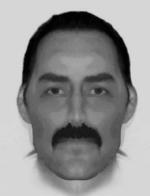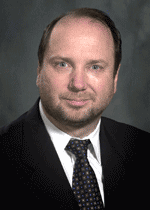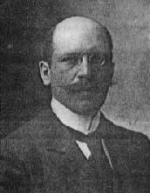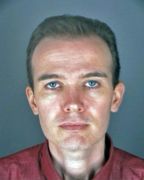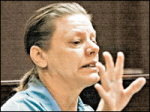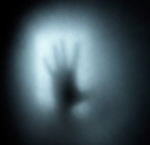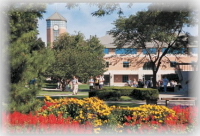
Research Assistant (2 Posts)
The university of Manchester, division of psychiatry is looking to appoint 2 research assistants required to evaluate two initiatives; firstly, improvements to the transfer of prisoners to psychiatric hospital; secondly, a pilot intervention into depression amongst older adults in prison.
Your main duties will include: conducting and analysing qualitative interviews with staff involved in the transfer of prisoners to psychiatric hospital in the former project; recruitment of older prisoners to the pilot intervention study and conducting regular clinical interviews with this group in the latter project.
With a good first degree in psychology or related discipline (2:1 or above) you will have experience of qualitative methodologies, good organisational skills and be able to work independently, together with undertaking mental health interviews. Experience of working in the Criminal Justice System or secure psychiatric care would be advantageous.
The posts will involve travelling and so the ability to travel independently of the public transport system is essential.
The posts are full-time and available from 2 January 2007 and will be based at the Northwest Forensic Academic Unit, at Ashworth Hospital. Appointment will be subject to a satisfactory CRB check.
Further Job/Application Information

Research Assistant post 1 (6 months)
Research Assistant post 2 (12 months)
For further details, and to download the job application form visit the university of Manchester job vacancy web page.
Visit The University of Manchester Job Vacancy web page
Visit The University of Manchester Division of Psychiatry





